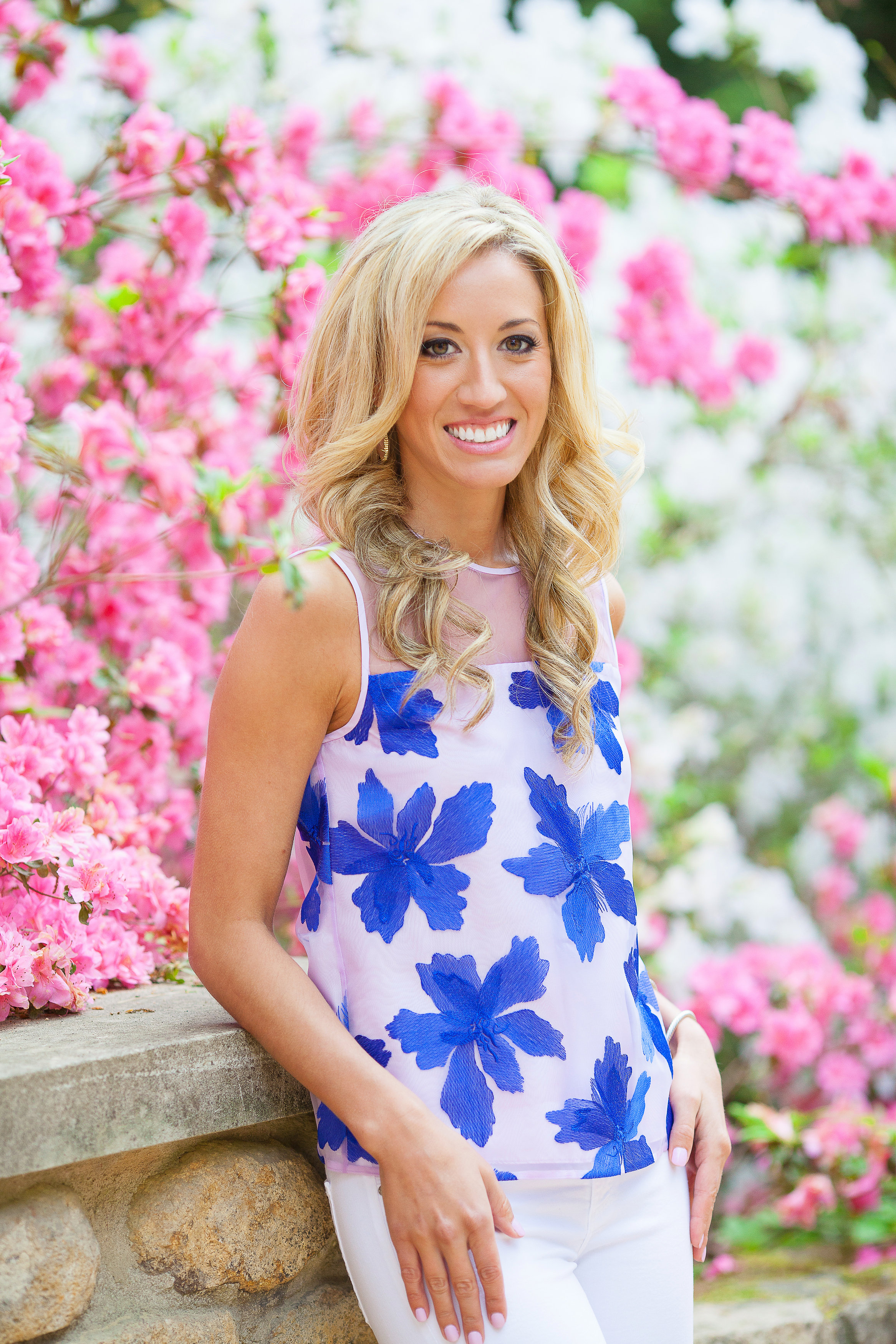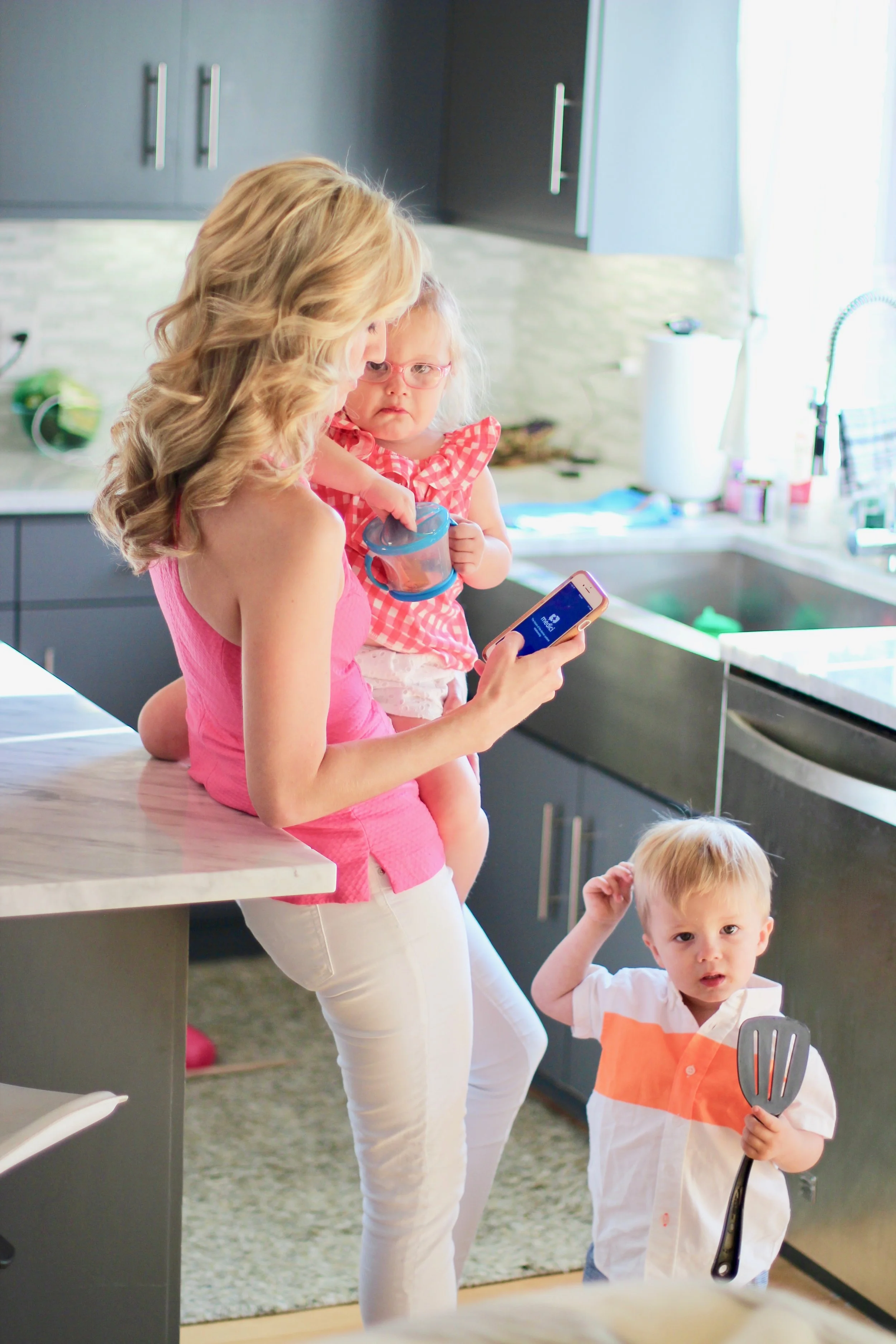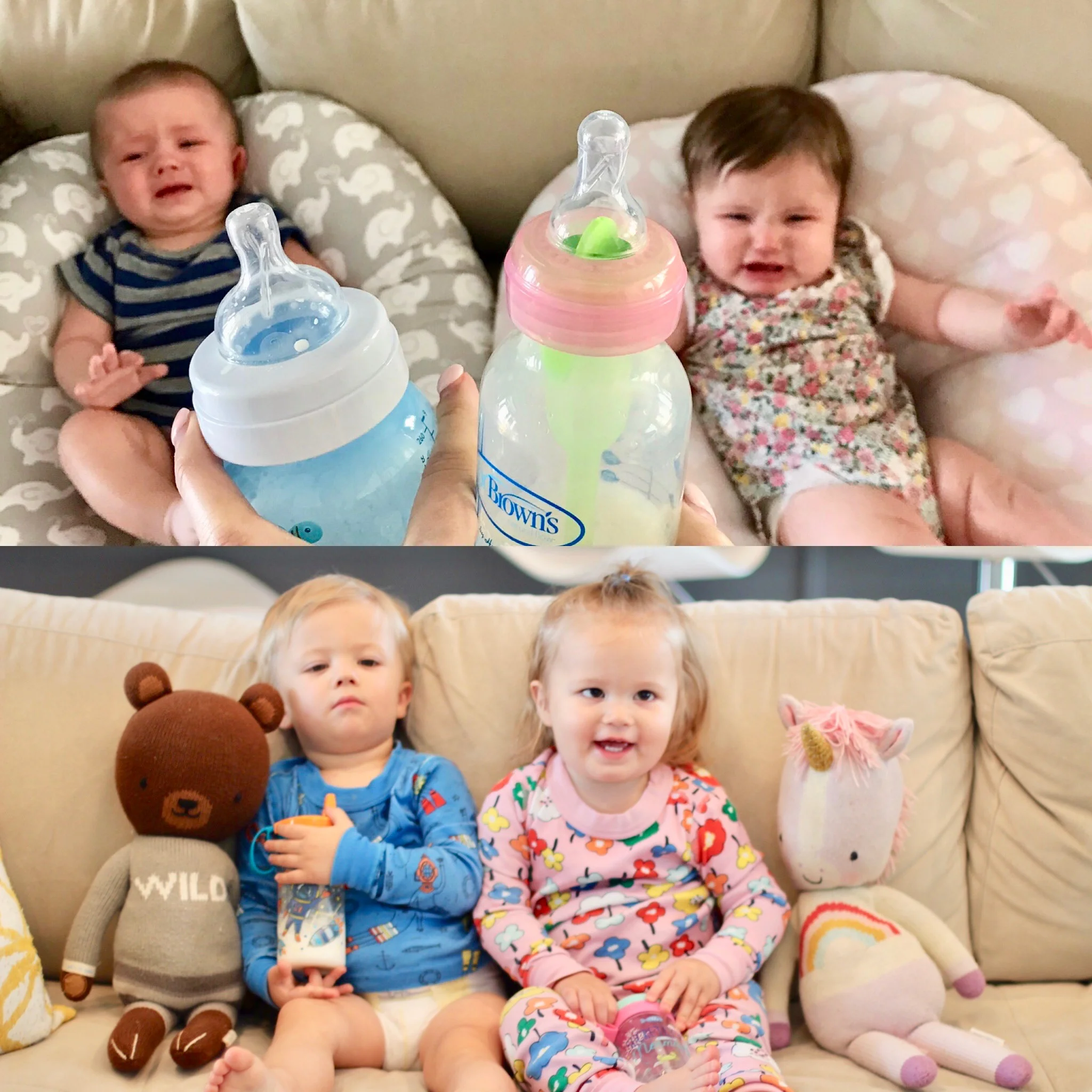Can Being a Twin Delay Speech & Language Development? Here’s the Answer and What You Can Do. (Guest Blogger)
Written By: Katie Martin, MSc., R. SLP, SLP (C)—a guest blogger, fellow twin mom, and speech therapist (non-practicing, on maternity leave)
For the past several years, I’ve worked as a Speech-Language Pathologist (SLP; also known as a “Speech Therapist”) in a preschool for children with special needs. I’ve met with countless parents that were concerned and stressed about their children’s speech and language development. Over the years, I tried to empathize as best I could and understand how sensitive the topic of developmental delays is for parents--but I knew I may never really get it until I became a parent myself.
And that’s exactly what happened; I became the mother to boy/girl twins in December 2018! I inevitably found myself hyper-aware of their milestones. I’m finding it very difficult not to compare them to each other (such as the rate and order they are meeting their milestones). And let’s be real, it’s especially difficult to not compare them to other babies their age that I see on Instagram and Facebook! (Try not to do this, by the way--each kid is individual and different!).
My hope is that this blog post will help put some parents’ minds at ease and also provide information for those who feel like their little one(s) might need some help. In this blog post I will highlight some general speech and language milestones, but it’s important to remember (and for me to take my own advice!) that our babies’ developmental milestones are a scavenger hunt and not a race! Babies meet their developmental milestones in their own time, including their speech and language skills. There is such a wide range of normal when it comes to language development, so please keep that in mind. The below table lists some speech and language milestones that are simply the “average.” Many kids may be a little ahead or behind and that’s perfectly NORMAL.
I KNOW the burning question for almost all twin parents reading this post:
“Are my babies at risk for speech and language delays just because they are twins?”
The black and white answer is yes.
HOWEVER, that does NOT mean that they WILL have delays in any area of development. So, the “grey” answer is not necessarily. There are many factors that impact speech and language development.
Some general risk factors for ANY kid (whether they’re twins or not) for speech/language delay can include:
family history
difficulties during pregnancy or birth
birth order (i.e., first born versus younger siblings – this does not apply to twins who are born at the same time)
presence of genetic syndromes
hearing deficits
physical and sensory abnormalities
prematurity
low birth weight
Some risk factors specific to twins for speech/language delays include:
They are more likely to be premature or undergo obstetric complications at birth which can predispose them to delays
They may engage in twin talk (i.e. twin cryptophasia) that they understand well among themselves, reducing the need for normal language
One twin may be the dominant/louder one, leading the second twin to speak less
Due to the inherent demands on twin parents, there is less one-on-one time with each child
Parents may be looking at one child while speaking to both/all children
When I first learned I was having twins, I was nervous about developmental delays because I knew my babies were likely going to be small and early (they were born at 35 weeks and 5 days; 4 pounds 4 ounces and 4 pounds 8 ounces).
There are also environmental risk factors for speech and language delay. Babies learn language through hearing and observing the people in their environment, and they learn how to communicate through direct interactions. When I became not only a new mom, but a TWIN mom, I was overly conscious of creating a language-rich environment. I wanted to read to my babies multiple times a day, talk to them constantly, and sing them songs (those poor babies…I am not the best singer!). But I was finding this difficult because of how tiring and time consuming have TWO babies can be. Am I right?! Let alone the sleep deprivation, there were also two babies to nurse or bottle feed, change diapers, dress, bathe, feed solids, play with, try to get one on one time with, etc. On top of that there was also pumping, eating, showering, and just every-day life. I found it hard to find the time that I wanted to bombard my babies with language and communication.
What I failed to remember in this VERY hazy time was just how resilient our little ones are! So, while it’s true that with twins each baby receives less daily one-on-one interaction, it does NOT mean that this will directly cause a language delay.
So, what can I do to promote speech and language for my twins?
If you’re still with me, you may be wondering how you can create this “language-rich environment” that I mentioned. Here are some tips and strategies for promoting language development with your twins:
Be responsive to your babies’ vocalizations. For example, when they coo or babble, respond to them as if you’re having a two-way conversation. Use your imagination and you can make the conversation about anything! Here is a super cute video example that went viral earlier this summer.
Narrate what you’re doing. Our little ones learn language by hearing language.
Follow your babies’ lead and talk about what they’re interested in. For example, if they are watching the family dog you could describe the dog (big/small, fluffy or soft, label body parts, etc.)
Read to your babies every day. This builds vocabulary and provides exposure to different sentence structures while promoting early literacy skills.
Play games which encourage listening and attention, and encourage imaginative play.
Keep in mind that your twins are also individuals. Try to sneak in as much one-on-one communication with them as you can and encourage your friends and family to do the same. They may have different interests and opinions and it's important to honor them.
While it is crucial to remember that each child develops at their own rate and there is a wide range of normal, there are some red flags for speech and language development to be aware of, including:
Avoidance of eye contact
Limited or no babbling
Lack of interest in gestures such as “bye-bye”
Inability to follow simple directions (for example “go get your shoes”)
Speech that is difficult for parents/strangers to understand
If you feel that your little one is showing any of these red flags or they are frustrated when communicating, talk to your child’s pediatrician and seek out an SLP. Follow your gut and your instinct as a parent. Any SLP would be happy to consult with parents, perform a full assessment, provide tips and resources to use at home, or refer to specialized programs (like the preschool I work in). The earlier children receive help, the better the outcome. Remember: SLPs are the experts in speech and language development, but YOU are the expert on your babies!
About the Author
Katie is a Speech-Language Pathologist in Calgary, Alberta. She obtained a Master of Science in Speech-Language Pathology from the University of Alberta and is nationally certified in Canada. She has been working with preschool children with special needs since 2016 and has experience working with school-age children as well as adults who have suffered a traumatic brain injury or stroke. She became a mom of boy/girl twins in December 2018 and is currently on maternity leave.





